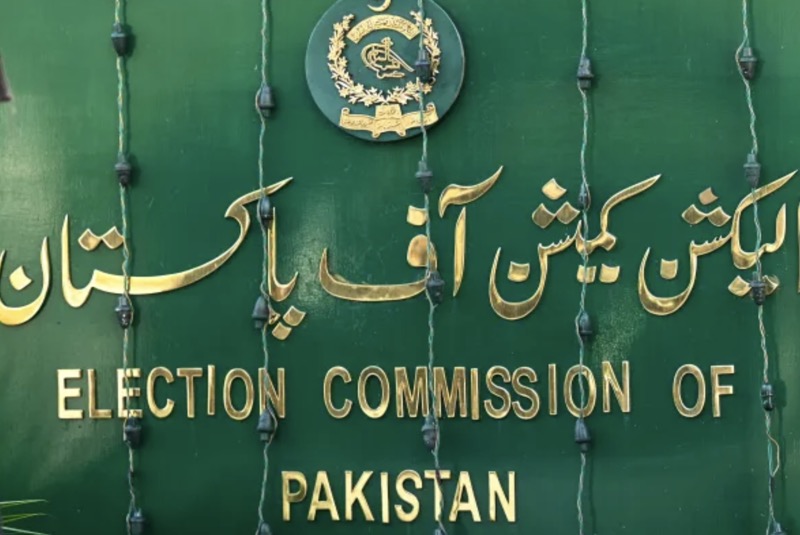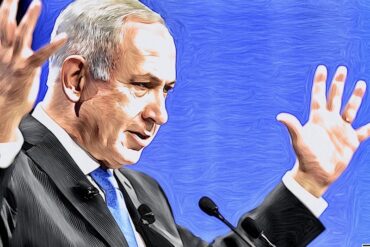Three weeks after an inconclusive general election—marred by accusations of electoral fraud, vote rigging, and intimidation—Pakistan’s newly formed parliament has announced Shahbaz Sharif as Prime Minister for the second term.
On March 3, 2024, Pakistan’s National Assembly Speaker, Ayaz Sidiq, announced that Shahbaz Sharif, who needed 169 parliamentary votes to be elected Prime Minister, secured 201 votes. On the contrary, Omar Ayub—Sharif’s rival—who was supported by Imran Khan’s party, Pakistan Tehzeeb-e-Insaf (PTI), won only 92 votes.
Many in Pakistan feel that ‘the establishment’—a euphemism for Pakistan’s military and intelligence agency, the ISI—controls election outcomes in Pakistan. Voters in Pakistan, afflicted with skyrocketing inflation, economic chaos and political instability, hoped elections would bring about change. However, electoral results proved disappointing.
When Imran Khan was Prime Minister, two rival parties—Sharif’s party, Pakistan Muslim League-Nawaz (PML-N) and Pakistan People’s Party (PPP), led by Bilawal Bhutto—joined hands. The coalition was brokered by the military to depose Imran Khan. Promptly, Shahbaz Sharif, Nawaz Sharif’s brother, was appointed Prime Minister.
In 2024, Pakistan’s military did everything in its power to ensure that Imran Khan, the charismatic leader who fell out of favour with the military, would not win the elections. Imran Khan was jailed in February with more than 150 criminal and civil charges.
Moreover, the establishment launched a crackdown; they barred Imran Khan from contesting elections. Khan’s party, PTI, was denied an election symbol, forcing candidates to contest as independents. Moreover, many candidates from the PTI camp were intimidated and/or arrested. Ergo, instead of campaigning, candidates from Imran Khan’s party spent time trying to evade arrest.
Imran Khan and his party campaigned using AI tools and social media applications such as WhatsApp and YouTube. But the establishment did not like it. So, on election day, the military shut down social media and mobile phone services, ostensibly for ‘security reasons.’ As the Pakistani author and journalist Mohammed Hanif writes:
The establishment wanted to send out a clear signal that Imran Khan and his party were finished. With Khan in jail, as the election drew closer, the party was taken over by second-tier leadership and local faithfuls who were crucial in organising the battered party’s campaign to victory.
They were certain that their leader would not be allowed to return to power, but they showed through their vote that they wouldn’t abandon him just because the army wanted them to.
In February 2024, Independent candidates backed by Imran Khan’s party won the most seats. However, they failed to get a majority. Sharif’s party, PML-N, came second in the polls. With the military’s support, Sharif has been announced the Prime Minister of Pakistan for the second time.
Speaking on condition of anonymity, an American-Pakistani scholar who researches about Pakistan’s military said:
Pakistan is a sham democracy. The country is tightly controlled by the military generals. Men in uniforms, equipped with guns and ammunition, call the shots by using every crooked trick in the book—vote rigging, electoral manipulation, intimidation, kidnap and murder. They have a stranglehold on Pakistan’s elections and make every attempt to deny the people of Pakistan their legitimate, democratic right.
On the other hand, Pakistan’s voters are trying to stand up to the military in their own ways. As Mohammed Hanif writes:
To the military’s tried and tested machinations, the voters’ response was polite and defiant: thank you, but no thank you, we are not as ignorant and illiterate as you think we are. We may not be able to take you on in the streets, you have your guns, but here’s our stamp on the ballot. Do what you will with it.
-30-
Copyright©Madras Courier, All Rights Reserved. You may share using our article tools. Please don't cut articles from madrascourier.com and redistribute by email, post to the web, mobile phone or social media.Please send in your feed back and comments to [email protected]











